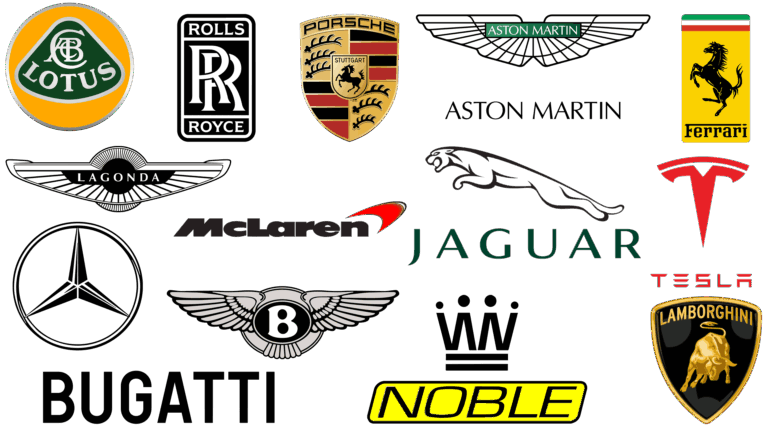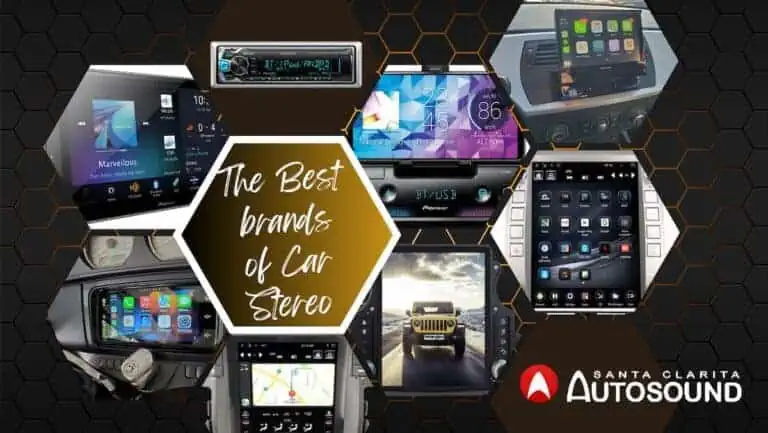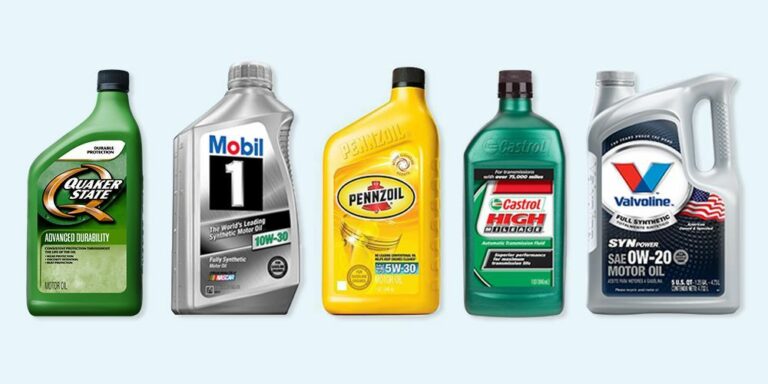Luxury Electric Car Brands
Luxury Electric Car Brands cars.truckstrend.com
The automotive world is undergoing an unprecedented transformation, with electric vehicles (EVs) rapidly moving from niche curiosities to mainstream contenders. At the vanguard of this revolution is a segment where cutting-edge technology, sustainable mobility, and unparalleled comfort converge: luxury electric car brands. This isn’t just about zero emissions; it’s about redefining opulence for the 21st century, blending serene power, exquisite craftsmanship, and hyper-advanced digital integration. For discerning consumers, the choice is no longer between luxury and sustainability, but how elegantly they can be combined.
Defining Luxury in the Electric Age
Luxury Electric Car Brands
Luxury, in the context of electric vehicles, transcends traditional markers like engine size or horsepower. While performance remains paramount, the definition expands to encompass:
- Silent Serenity: The near-silent operation of an EV enhances the cabin experience, allowing for greater appreciation of premium materials and sophisticated audio systems.
- Instantaneous Power: Electric motors deliver torque immediately, resulting in exhilarating acceleration that often surpasses internal combustion engine (ICE) counterparts, even in heavy luxury sedans or SUVs.
- Cutting-Edge Technology: Luxury EVs are often showcases for the latest in infotainment, advanced driver-assistance systems (ADAS), connectivity, and over-the-air (OTA) updates, ensuring the vehicle remains current.
- Exquisite Craftsmanship & Materials: High-end EVs continue the tradition of using premium leather, sustainable fabrics, real wood, metal accents, and meticulous attention to detail in their interiors.
- Design Prowess: Freed from the constraints of traditional engine bays and exhaust systems, designers can create more aerodynamic, futuristic, and spacious interiors.
- Sustainable Credentials: For many luxury buyers, the environmental benefit of an EV is a core part of its appeal, aligning with personal values and a forward-thinking lifestyle.
- Ownership Experience: This includes seamless charging solutions, personalized customer service, exclusive access to brand events, and a focus on minimizing the inconveniences of car ownership.
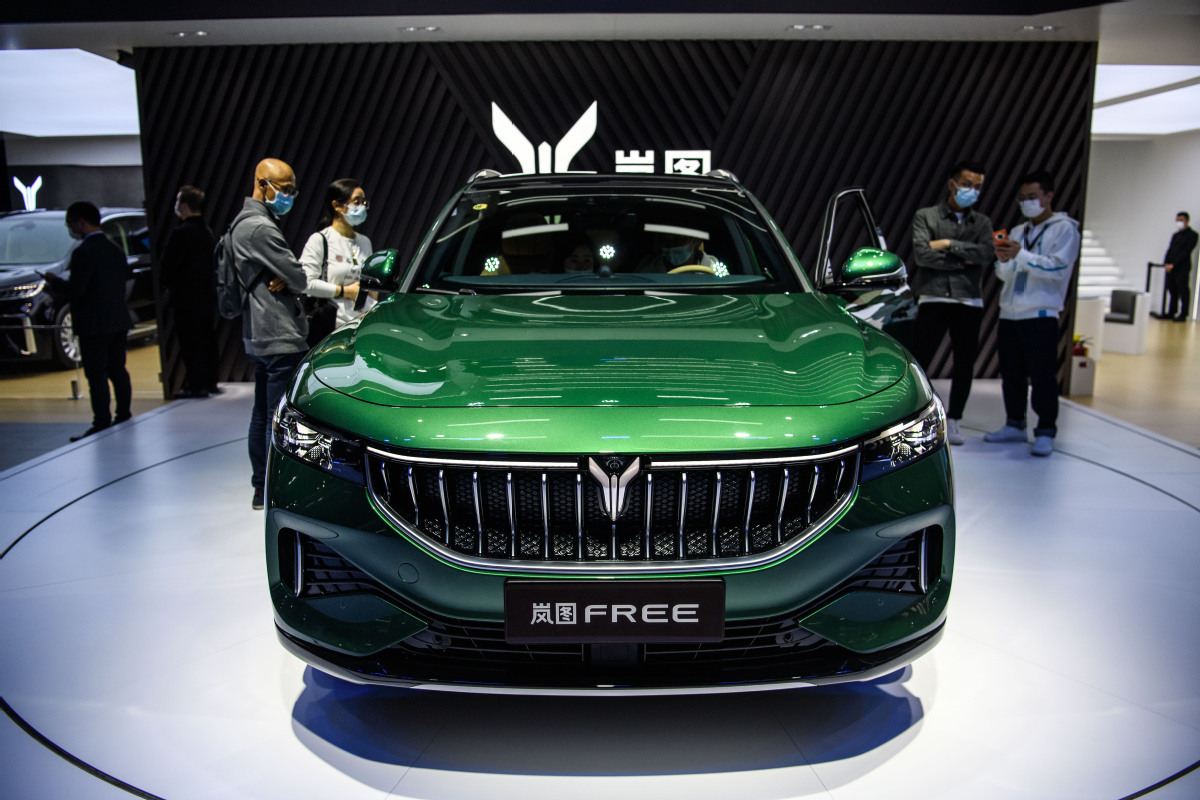
These elements combine to create a driving and ownership experience that is not just about transportation, but about a statement of values, technological appreciation, and personal indulgence.
Pioneers and Powerhouses: A Look at Leading Luxury EV Brands
The luxury EV landscape is populated by a diverse array of players, from established automotive giants making their electric transition to innovative startups built solely on an EV foundation.
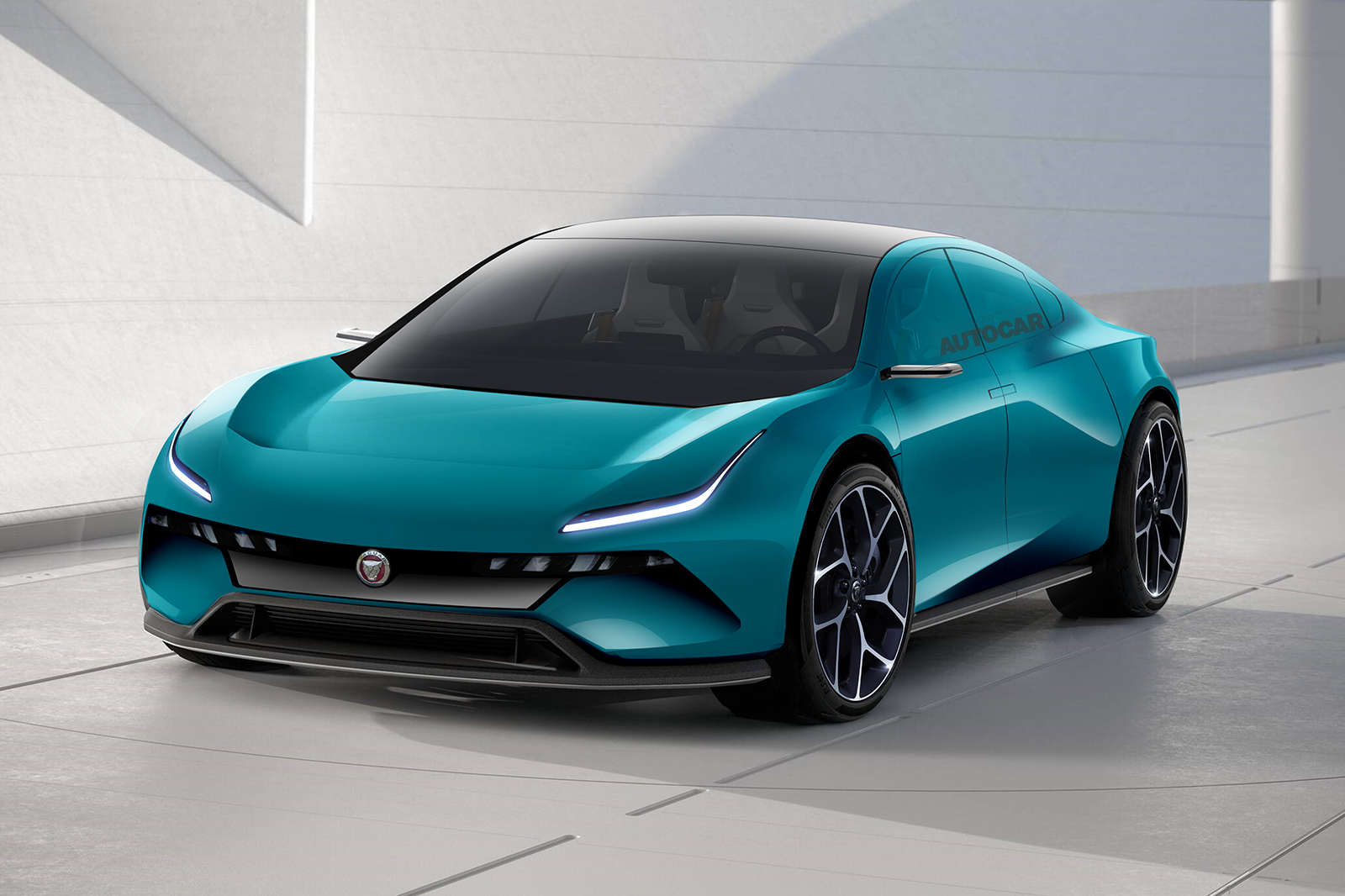
The Established Guard Goes Electric
Traditional luxury automakers are leveraging their heritage of craftsmanship, brand loyalty, and vast R&D budgets to produce compelling electric offerings.
- Mercedes-Benz: With its EQ sub-brand, Mercedes-Benz is rapidly expanding its EV portfolio. Models like the EQS sedan and SUV epitomize "silent luxury," offering opulent interiors, hyperscreen infotainment systems, and a remarkably smooth ride. Their strategy focuses on seamless integration of electric powertrains into their existing luxury ethos.
- BMW: BMW’s "i" sub-brand leads its electric charge, with vehicles like the i7 and iX showcasing a blend of dynamic driving characteristics and avant-garde luxury. BMW emphasizes driving pleasure and innovative technology, including impressive curved displays and intricate interior designs.
- Audi: Audi’s e-tron family, including the e-tron GT and Q8 e-tron, focuses on sophisticated design, quattro all-wheel drive performance, and a refined, tech-forward driving experience. Audi prioritizes a cohesive digital ecosystem and a premium feel.
- Porsche: Known for performance, Porsche has successfully transitioned its sporting DNA to electric with the Taycan. It offers exhilarating acceleration, precise handling, and fast-charging capabilities, proving that an EV can be a true driver’s car without sacrificing luxury.
- Lexus / Genesis: These brands, known for their meticulous build quality and refined comfort, are steadily introducing their EV iterations. Lexus’s RZ 450e and Genesis’s GV60 and Electrified G80 offer distinct takes on luxury, emphasizing quiet cabins, unique design elements, and a focus on customer care.

The EV Natives Redefine Luxury
These brands were born electric, allowing them to rethink automotive design and functionality from the ground up, often with a strong emphasis on technology and direct-to-consumer models.
- Tesla: While often debated in terms of "traditional luxury," Tesla’s Model S and Model X set the benchmark for range, performance, and software-driven features. Their minimalist interiors and focus on autonomous driving capabilities redefined expectations for what a premium EV could be.
- Lucid Motors: The Lucid Air aims directly at the ultra-luxury segment, boasting industry-leading range (over 500 miles for some trims), blistering performance, and a spacious, exquisitely crafted interior. Lucid’s focus is on efficiency and technological superiority.
- Rivian: Rivian carved out a unique niche with its R1T electric pickup and R1S SUV, blending luxury adventure with robust off-road capability. Their vehicles offer premium interiors, innovative storage solutions, and a strong emphasis on outdoor lifestyle.
- Nio: A prominent Chinese luxury EV brand, Nio distinguishes itself with swappable battery technology, comprehensive charging networks, and a strong community focus through "Nio Houses." Models like the ET7 and ES8 offer sophisticated designs and high-tech cabins.
- Polestar: Spun off from Volvo, Polestar positions itself as a performance-oriented luxury EV brand with a minimalist Scandinavian design aesthetic. Models like the Polestar 2 and the upcoming Polestar 3 emphasize sustainable materials and Google-powered infotainment.
Ultra-Luxury & Emerging Contenders
The pinnacle of automotive luxury is also embracing electrification, often with bespoke offerings and exclusive experiences.
- Rolls-Royce: The Spectre marks Rolls-Royce’s definitive entry into the electric era, promising the brand’s signature "magic carpet ride" combined with silent electric power. It’s an affirmation that even the most traditional luxury can be electrified without compromise.
- Bentley: Bentley’s move towards electrification is part of its "Beyond100" strategy, aiming for an all-electric lineup by 2030. While current models are hybrids, future electric Bentleys are expected to retain their unique blend of power, craftsmanship, and British elegance.
- Lotus: The iconic British sports car brand is transforming into an electric performance luxury brand with models like the Eletre SUV, combining exhilarating dynamics with spacious, tech-rich interiors.
- Zeekr: Geely’s premium EV brand, Zeekr, is gaining traction with models like the 001 and X, offering compelling performance, advanced technology, and distinctive design, particularly in the Chinese market with global aspirations.
Key Considerations When Choosing Your Luxury EV
Selecting a luxury electric vehicle involves evaluating several factors beyond mere aesthetics:
- Performance & Range: While all luxury EVs offer impressive acceleration, consider the practical range needed for your daily driving and longer trips. Fast-charging capability is also crucial for minimizing downtime.
- Interior Design & Comfort: Assess the quality of materials, seating comfort, ergonomic layout, and noise insulation. Does the cabin provide the serene, opulent experience you expect?
- Technology & Infotainment: Evaluate the size, responsiveness, and intuitiveness of the infotainment system. Look for seamless smartphone integration, advanced navigation, and sophisticated driver-assistance features. Consider OTA update capabilities for future-proofing.
- Charging Ecosystem: Research the brand’s proprietary charging solutions (if any), compatibility with public charging networks, and home charging options. A robust charging infrastructure is key to a hassle-free ownership experience.
- Brand Reputation & Service: Beyond the car itself, consider the brand’s reputation for reliability, customer service, and the availability of service centers. For luxury vehicles, the after-sales experience is as important as the purchase.
- Sustainability Credentials: If environmental impact is a key motivator, investigate the brand’s broader sustainability efforts, including material sourcing, manufacturing processes, and battery recycling initiatives.
- Resale Value: While new to the market, some luxury EV models are showing strong resale value. Research market trends and brand stability.
Navigating the Ownership Journey: Beyond the Purchase
Owning a luxury EV is a distinct experience that differs from traditional ICE vehicles:
- Charging Habits: Most charging will occur at home overnight, using a Level 2 charger. For longer trips, planning routes around fast-charging stations (DC Fast Chargers) becomes essential. Luxury brands often partner with charging networks or offer proprietary charging solutions for convenience.
- Maintenance: EVs have fewer moving parts than ICE cars, meaning less routine maintenance (no oil changes, spark plugs, etc.). However, tire wear can be higher due to instant torque and vehicle weight. Regular software updates are common and can even enhance performance or add features.
- "Silent Luxury" Experience: The absence of engine noise significantly alters the driving experience, highlighting the quality of the sound system, the serenity of the cabin, and the smoothness of the ride. This quietness can be a profound luxury in itself.
- Understanding Incentives: Research federal, state, and local tax credits or rebates that might apply to luxury EVs, as these can significantly offset the initial purchase price.
The Road Ahead: Challenges and the Future of Luxury EVs
While the luxury EV segment is booming, it faces challenges:
- High Upfront Cost: Luxury EVs remain a significant investment, although total cost of ownership might be lower due to fuel and maintenance savings.
- Charging Infrastructure: While improving, public charging infrastructure still needs to expand significantly to support widespread EV adoption, especially for long-distance travel.
- Battery Technology: Ongoing research aims to improve battery energy density, reduce charging times, and lower production costs. Solid-state batteries are a promising future development.
- Competition: The market is becoming increasingly crowded, pushing brands to innovate constantly in design, performance, and technology.
Despite these challenges, the future of luxury EVs is incredibly bright. We can expect:
- Greater Range and Faster Charging: Continuous improvements in battery technology.
- More Diverse Body Styles: Beyond sedans and SUVs, expect luxury electric coupes, sports cars, and even hypercars.
- Advanced Autonomous Driving: Luxury EVs will likely be at the forefront of implementing increasingly sophisticated self-driving capabilities.
- Personalization and Bespoke Options: More customization options for interiors, materials, and digital experiences.
- Integration with Smart Ecosystems: Seamless connectivity with smart homes and personal devices.
Practical Advice for Prospective Buyers
- Define Your Priorities: Are you seeking ultimate range, blistering performance, a serene cabin, or cutting-edge tech? Prioritizing these will narrow down your options.
- Test Drive Extensively: The driving dynamics of EVs differ from ICE cars. Experience the acceleration, regenerative braking, and overall feel of several models.
- Assess Your Charging Needs: Can you install a Level 2 charger at home? Do you frequently travel long distances requiring DC fast charging? This will influence range requirements.
- Research Total Cost of Ownership: Factor in potential savings on fuel, maintenance, and any available incentives.
- Consider Future-Proofing: Look for models with OTA update capabilities and robust software platforms that can evolve over time.
- Don’t Rush: The market is rapidly expanding. If you’re not in a hurry, waiting a year or two might introduce even more compelling options.
Luxury Electric Car Brands: Estimated Starting Prices and Key Features
| Brand | Model | Estimated Starting Price (USD) | Key Features / Notes |
|---|---|---|---|
| Mercedes-Benz | EQS 450+ Sedan | $105,000 | Hyperscreen infotainment, serene ride, executive rear seats. |
| EQS 450 4MATIC SUV | $108,000 | Spacious cabin, available third row, luxurious comfort. | |
| BMW | i7 xDrive60 | $120,000 | Theater Screen for rear passengers, dynamic driving, opulent interior. |
| iX xDrive50 | $87,000 | Bold design, comfortable ride, innovative curved display. | |
| Audi | e-tron GT quattro | $107,000 | Porsche Taycan platform, stunning design, sporty handling. |
| Q8 e-tron | $75,000 | Refined SUV, comfortable ride, strong build quality. | |
| Porsche | Taycan 4 Cross Turismo | $100,000 | Sports car performance, practical wagon body, rapid charging. |
| Taycan Turbo S | $195,000 | Blistering acceleration (0-60 mph in 2.6s), track-ready performance. | |
| Lucid Motors | Air Pure | $77,400 | Class-leading range, sleek design, spacious cabin. |
| Air Grand Touring | $138,000 | Over 500 miles of range, ultra-luxurious interior, rapid charging. | |
| Tesla | Model S Long Range | $75,000 | Long range, rapid acceleration, extensive Supercharger network. |
| Model X Long Range | $80,000 | Falcon Wing doors, spacious interior, strong towing capacity. | |
| Rivian | R1T Quad-Motor | $79,000 | Adventure-focused, impressive off-road capability, premium interior, gear tunnel. |
| R1S Quad-Motor | $84,000 | 7-seater SUV, versatile, robust performance. | |
| Nio | ET7 (China/Europe est.) | $70,000 (est.) | Battery swap technology, sophisticated AI assistant (NOMI), luxurious cabin. |
| Polestar | Polestar 3 | $84,000 | Performance SUV, minimalist Scandinavian design, Google-powered infotainment. |
| Genesis | GV60 | $60,000 | Unique design, crystal sphere shifter, strong performance. |
| Electrified G80 | $75,000 | Elegant sedan, comfortable ride, traditional luxury feel with EV powertrain. | |
| Rolls-Royce | Spectre | $420,000 (est.) | Bespoke luxury, silent ride, Starlight Headliner, ultimate opulence. |
| Lotus | Eletre (Europe/China est.) | $105,000 (est.) | Performance SUV, striking design, advanced technology, dynamic handling. |
Note: Prices are estimated starting MSRPs for base models and can vary significantly based on trim, options, region, and current market conditions. They do not include destination charges, taxes, or incentives.
Frequently Asked Questions (FAQ)
Q1: Are luxury EVs really worth the higher price compared to their ICE counterparts?
A1: For many, yes. The higher upfront cost is often justified by lower running costs (cheaper "fuel," less maintenance), access to HOV lanes, government incentives, and the unique benefits of EV ownership like instant torque, silent operation, and cutting-edge technology. The appeal of sustainability also adds value for discerning buyers.
Q2: How long do luxury EV batteries last, and what about replacement costs?
A2: Most luxury EV batteries are designed to last the lifetime of the vehicle, typically 8-10 years or 100,000-150,000 miles, and are covered by extensive warranties (e.g., 8 years/100,000 miles). Significant degradation is rare. Replacement costs, if ever needed outside warranty, can be substantial (tens of thousands of dollars), but this is becoming less common as technology improves and costs decrease.
Q3: What’s the charging experience like for luxury EVs?
A3: The majority of charging happens conveniently at home overnight using a Level 2 charger. For longer trips, luxury EVs support DC fast charging, allowing for significant range replenishment in 20-40 minutes. Many luxury brands also offer integrated navigation that plans routes around charging stations, and some provide complimentary charging credits or access to exclusive charging networks.
Q4: Do luxury EVs require special maintenance?
A4: Generally, EVs require less maintenance than ICE vehicles because they have fewer moving parts. There are no oil changes, spark plugs, or complex exhaust systems. However, they still need tire rotations, brake checks (though regenerative braking reduces wear), and cabin filter replacements. Software updates are also common and often enhance performance or add features.
Q5: Are there tax incentives or rebates for luxury EVs?
A5: Yes, many governments offer federal, state, and local incentives for purchasing EVs, regardless of their luxury status. These can include tax credits, rebates, sales tax exemptions, or even preferential parking. Eligibility criteria vary based on battery capacity, manufacturer, vehicle price, and buyer income, so it’s crucial to research current incentives in your specific region.
Conclusion
The convergence of luxury and electrification is reshaping the automotive landscape, offering a compelling blend of exhilarating performance, sustainable mobility, and unparalleled comfort. From established titans to innovative disruptors, luxury electric car brands are pushing the boundaries of design, technology, and the very concept of premium transportation. As battery technology advances, charging infrastructure expands, and consumer preferences evolve, the luxury EV market will continue to innovate, offering increasingly sophisticated and desirable vehicles. For those seeking to combine environmental consciousness with an uncompromising desire for the finer things in life, the electric future is not just arriving – it’s arriving in style.

